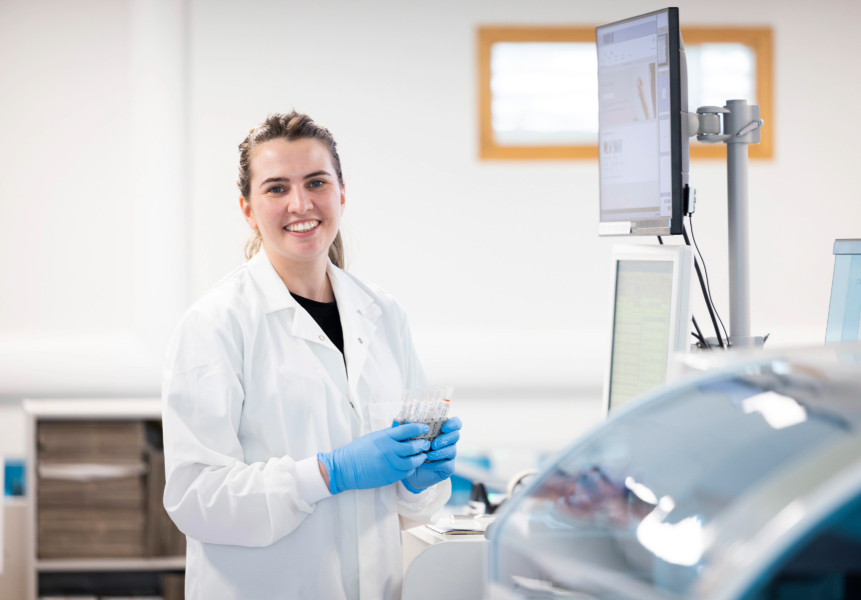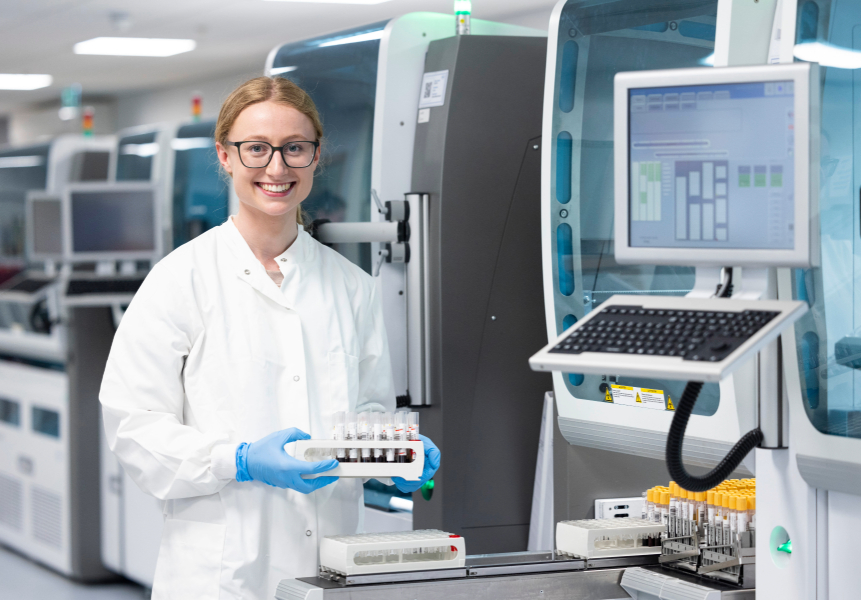Medical Science is a rewarding profession, where you have the opportunity to make a positive impact on people’s lives. Through laboratory work and analysis of samples, you have the real prospect to positively contribute to a patient’s journey, leading to enhanced health outcomes enabling one to live a more satisfying and meaningful life.
There are multiple entry routes to the Medical Scientist profession:
- Undergraduate BSc in Medical Science
- Undergraduate BSc in Biomedical Science
- Higher Diploma in Medical Science
CORU, the regulatory body, will provide you with information on approved qualifications. Additional information can be found on ACSLM website or by visiting the Careers Portal.
If you have qualified outside of Ireland, you will find further information here




